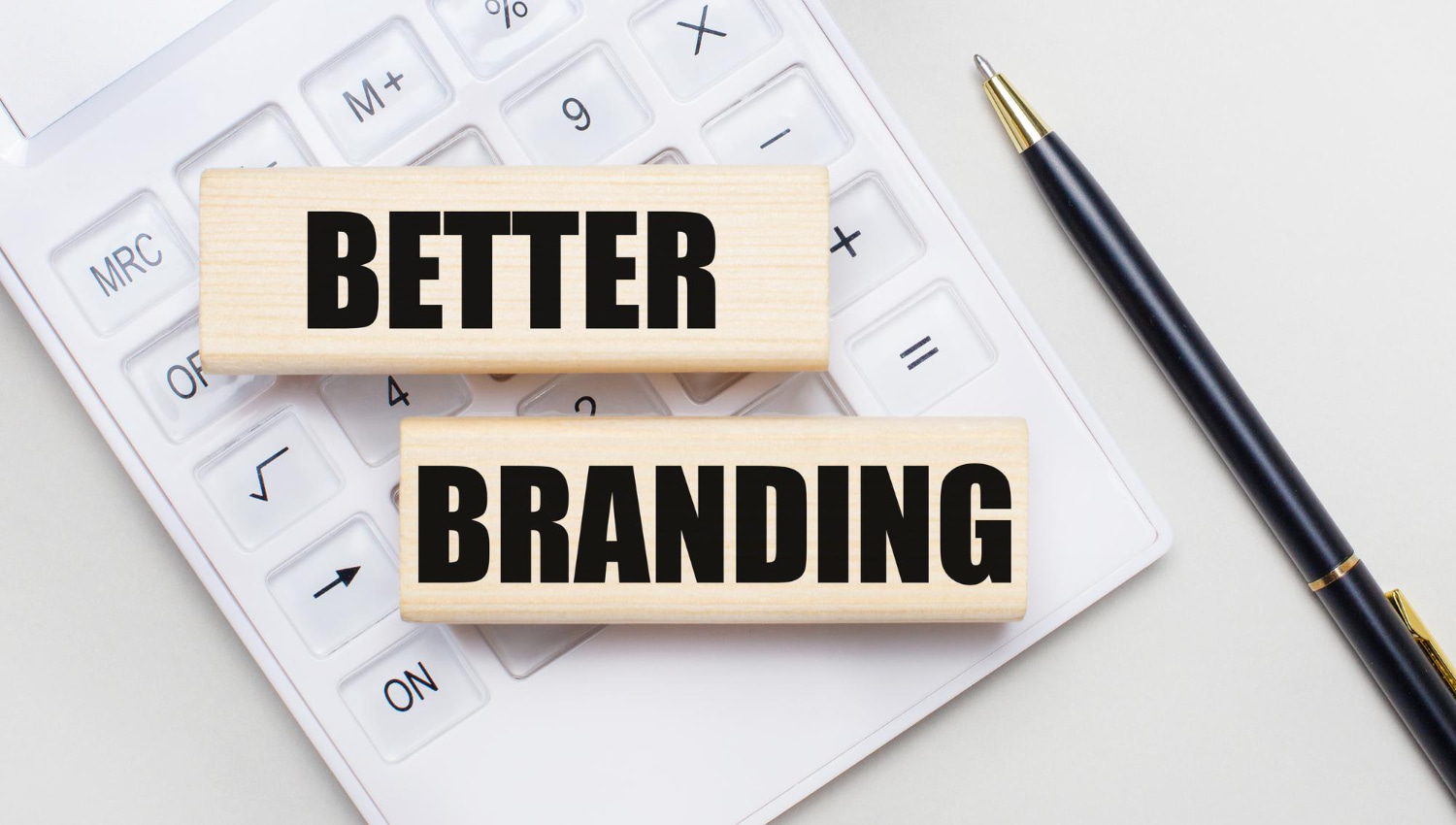Today we will understand the Difference Between Personal & Business Branding, branding has become an essential aspect of success for both individuals and businesses. While personal and business branding share some similarities, they also have distinct differences that set them apart. This article will explore the key distinctions between personal and business branding, their contrasting strategies, development, features, identity, messaging, positioning, communication, and reputation management.
What’s the Difference Between Personal and Business Branding?
The difference between personal and business branding lies in their focus and objectives. Personal branding revolves around promoting and establishing the reputation of an individual, highlighting their unique qualities, skills, and expertise. It aims to create recognition and opportunities for the individual. On the other hand, business branding focuses on building the identity and reputation of an organization or company. It aims to increase brand awareness, attract customers, and generate revenue. While personal branding centers around the individual’s personality and personal traits, business branding represents the collective identity, values, and offerings of the organization. Both forms of branding play a vital role in creating a distinct presence and influencing perceptions in their respective domains.

Key distinctions between Personal and Business Branding
Key distinctions between personal and business branding stem from their target audience, objectives, and execution. Personal branding primarily revolves around an individual, often a professional or influencer, seeking to establish a unique identity and reputation. It focuses on showcasing the individual skills, expertise, and personal attributes to differentiate themselves in the market. In contrast, business branding centers around promoting an organization or company to increase brand awareness, attract customers, and generate revenue. It involves developing a brand strategy aligned with the organization’s values, mission, and vision.
While personal branding relies on the individual’s personal experiences, achievements, and online presence, business branding involves a collective effort to shape the brand image and reputation. Personal branding often emphasizes storytelling, building trust, and creating a relatable connection with the audience. Business branding, on the other hand, emphasizes the unique selling propositions, benefits, and solutions offered by the organization. It focuses on creating a cohesive brand identity through visual elements, consistent messaging, and marketing strategies tailored to a broader audience.
Contrasting Personal and Business Brand Strategies:
Branding is a powerful tool that shapes the identity and perception of individuals and businesses alike. However, personal branding and business branding employ distinct strategies that cater to their unique objectives and target audiences. By contrasting these brand strategies, we can gain a deeper understanding of the variances in personal and business brand development, the distinguishing features of each approach, and the different approaches to brand positioning and reputation management. Let’s delve into each aspect to explore the intriguing contrasts between personal and business branding strategies.
1. Variances in Personal and Business Brand Development:
Personal Branding: Individual talents, specialties, and character traits serve as the foundation of personal branding. It entails creating a brand that captures the person distinctive features, values, and career goals. Showing off accomplishments, imparting knowledge, and maintaining an honest online presence are often the three main components of personal brand growth. To build trust and attract chances, personal branding frequently uses social networking sites, individual websites, and content development.
Business branding: The goal of business branding is to develop a distinctive brand identity for a business. The process involves creating a brand strategy that is consistent with the organization’s goal, vision, and values. The construction of a company brand include designing an eye-catching logo, developing consistent brand message, and coming up with a thorough marketing plan. With the target market in mind, it seeks to create a recognizable and reliable brand image.

2. Distinguishing Features of Personal and Business Branding:
Personal Branding: Personal branding stands out because it emphasizes each person unique personality and character qualities. By sharing personal experiences, stories, and insights with the audience, personal branding aims to establish an authentic and relatable relationship. It seeks to build credibility and trust by accurately portraying each person’s values, interests, and areas of competence. Personal branding frequently draws attention to the individual’s remarkable path and accomplishments.
Business Branding: The distinguishing feature of business branding is its focus on the collective identity of the organization. It highlights the values, culture, and offerings of the company to differentiate it from competitors. Business branding aims to build brand recognition and loyalty by showcasing the benefits and unique selling propositions of the products or services. Unlike personal branding, business branding is not tied to a specific individual but represents the organization as a whole.

3. Comparing Personal and Business Brand Identity:
Personal Branding: Individual personality and personal characteristics are highly correlated with personal brand identification. It displays a person ideals, interests, and level of knowledge in a particular field. A person’s distinctive combination of abilities, life experiences, and individual accomplishments that make them stand out from others in their field form the foundation of their personal brand identity. It seeks to establish the person as an authority or thought leader in their field.
Business branding: The values, mission, vision, and organisational culture are all reflected in the brand identity of a company. Employees, stakeholders, and the brand visual components all work together to shape it. Business brand identity entails developing a unified and recognisable brand image using components such as logos, colour schemes, typography, and brand guidelines. It seeks to communicate an appealing and consistent image to the target audience.
4. Separating Personal and Business Brand Messaging:
Personal Branding: Storytelling and sharing personal experiences play a large part in personal brand branding. It seeks to emotionally engage the audience by demonstrating openness, honesty, and relatability. By imparting useful insights, experience, and knowledge, personal brand message focuses on establishing credibility and trust. Personal blog entries, social media updates, and one-on-one conversations are frequently used to convey the messaging because it is tailored specifically to each target demographic.
Business Branding: The benefits, solutions, and differentiating features that the company offers are highlighted in the brand messaging. It is concentrated on raising brand awareness, luring clients, and building the company positioning in the marketplace. With a larger audience in mind, business brand messaging is frequently more formal and professional. It is disseminated through a number of platforms, such as company websites, commercials, news releases, and social media profiles that are overseen by the organisation.
6. Unique Considerations for Personal and Business Brand Positioning:
There are different factors to take into account for both personal and professional brand positioning. Establishing the individual as a subject matter expert or thought leader in a certain industry is the main goal of personal brand positioning. Displaying knowledge, creating material for the sector, and interacting with pertinent communities are all part of it. Instead, business brand positioning tries to set an organisation apart from rivals and showcase its distinctive value propositions. It entails researching the target audience, figuring out competitive advantages, and presenting a recognisable and appealing brand image. In order to build recognition and draw in the correct audience, both personal and corporate brand positioning are essential.
7. Contradistinctions in Personal and Business Brand Communication:
When it comes to personal and business brand communication, there are notable contradictions between the two. Personal brand communication tends to be more direct, personalized, and intimate. It involves one-on-one interactions, personal blog posts, and personalized emails. In contrast, business brand communication is more formal, professional, and targeted at a wider audience. It encompasses corporate websites, press releases, advertisements, and social media accounts managed by the organization. While personal brand communication aims to establish a deeper connection, business brand communication focuses on conveying key messages and maintaining consistent branding across various channels.
Different Approaches to Personal and Business Brand Reputation Management:
Personal and business brand reputation management entails distinct approaches. Personal brand reputation management focuses on cultivating a positive online presence through personal social media profiles, responding to feedback, and monitoring online mentions. It emphasizes authenticity, transparency, and building trust with the audience. Conversely, business brand reputation management involves a broader scope, encompassing online brand monitoring, addressing customer concerns, managing public relations, and maintaining a favorable brand image. It aims to protect the organization reputation, build trust with customers, and effectively respond to any issues that may arise. Both approaches are crucial in safeguarding and enhancing the reputation of personal and business brands.







